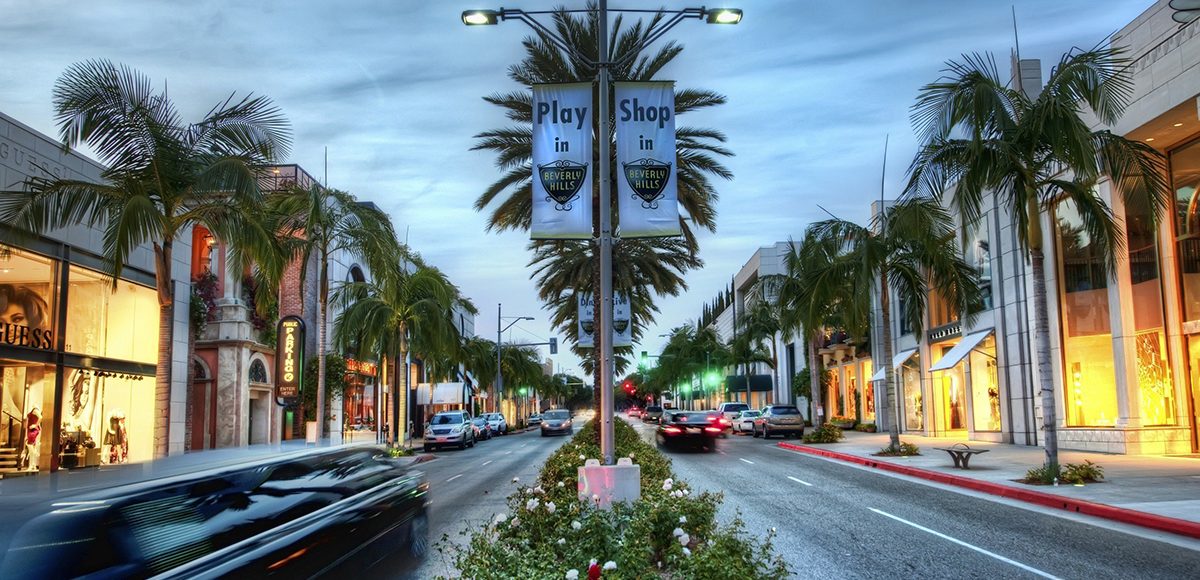While the economic ramifications of COVID-19 have yet to be fully realized, health experts are already seeing a significant increase in mental health-related challenges.
The issue of mental health took precedence at a Special Meeting of the Beverly Hills Health and Safety Commission on May 18 in tandem with Mental Health Awareness Month.
“It’s important to understand that we’re also in the middle of an epidemic of fear and a mental health crisis that will likely only get worse,” incoming Health and Safety Commissioner Erica Felsenthal, PH.D., a licensed psychologist, said during a presentation to the Commission. “It’s easy to understand why many people are feeling overwhelmed, fearful and helpless. These feelings are normal and to be expected during this time. Stress is affecting nearly everyone on some level.”
Significant social changes have affected how people function in today’s world and many of those changes are triggering depression and anxiety.
In projecting out to the future, Courier Columnist Eva Ritvo, M.D. recommends being patient with yourself and others.
“As we transition back out, our signal anxiety will raise as we are unsure where the danger lies. If anxiety is high, it is best to go back slowly. Start with what activities you feel are the safest, then return home so your anxiety can retreat. Living in constant anxiety can take a toll on our nervous system,” she told the Courier.
According to the American Psychological Association, signs of anxiety include restlessness and irritability; difficulty concentrating, sleep problems and generally feeling on edge; persistent worry or feeling overwhelmed by emotions; and excessive worry about a number of concerns such as health problems or finances. According to the Association, signs of depression include a lack of interest and pleasure in daily activities; significant weight loss or gain; insomnia or excessive sleeping; lack of energy or an inability to concentrate; feelings of worthlessness or excessive guilt; and recurrent thoughts of death or suicide.
With depression often leading to thoughts of suicide, Felsenthal underscored the importance of incorporating positive coping tools and evidence-based interventions into our lives in order to create resilience. She said that telephone calls to one Los Angeles-based suicide hotline had increased by 8,000 percent since the pandemic began with such calls up by 800 percent across the nation.
“Paying attention to your mental health is crucial and just as important as paying attention to your physical health at this time. And in reality they aren’t separate,” she said.
Following Felsenthal’s presentation, Maple Counseling Center CEO Marcy Kaplan illuminated how the half-century-old local resource for counseling services has shifted in response to the pandemic.
Currently, over 70 counselors and 15 supervisors are now fully online, providing affordable sliding scale counseling services.
“We didn’t really see referrals coming to us until about two to three weeks ago,” she told the Commission. “We have people in the community interested in starting counseling. I think that may be because things are starting to stabilize a little bit and everyone in their own way is kind of accepting that this is going to continue indefinitely and reading and seeing that it is important to start getting the help that you need.”
Locally, in conjunction with the Beverly Hills Department of Human Services and through various community partners, the City offers a wide safety net for seniors and those in vulnerable populations. Jewish Family Services continues to work with at-risk seniors as well as providing meal delivery service similar to Beverly Hills Meals on Wheels. In addition, Bet Tzedek provides pro bono legal service for seniors and tenants living in the City who meet certain criteria. The Department of Community Services also offers a particularly robust website (communitylifebh. org) featuring over 100 online resources, which serves as a virtual hub for community service programs, events and services, such as “Yoga at Greystone.”







